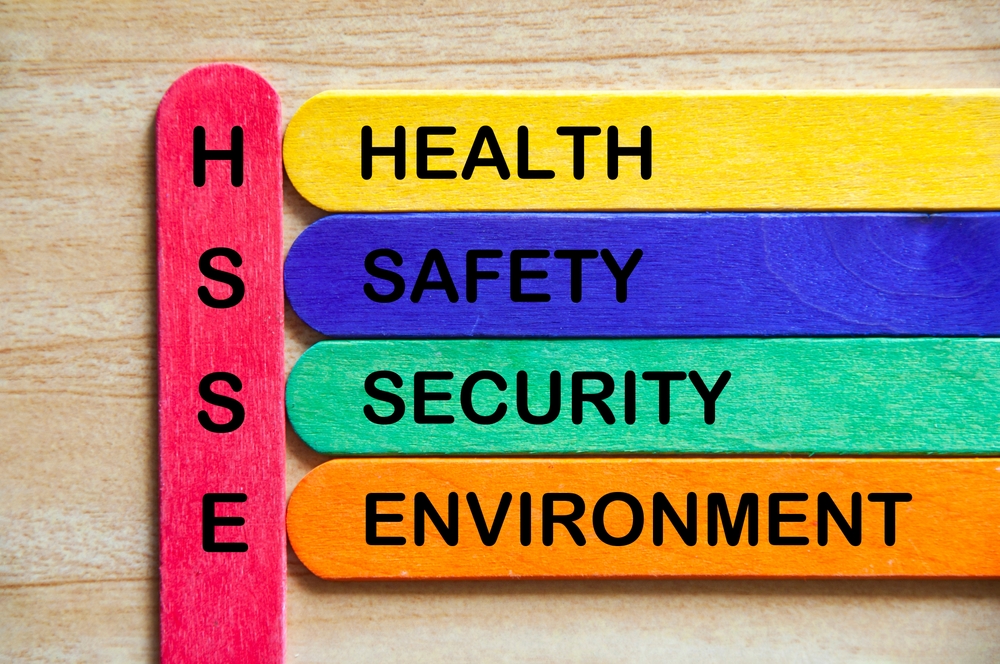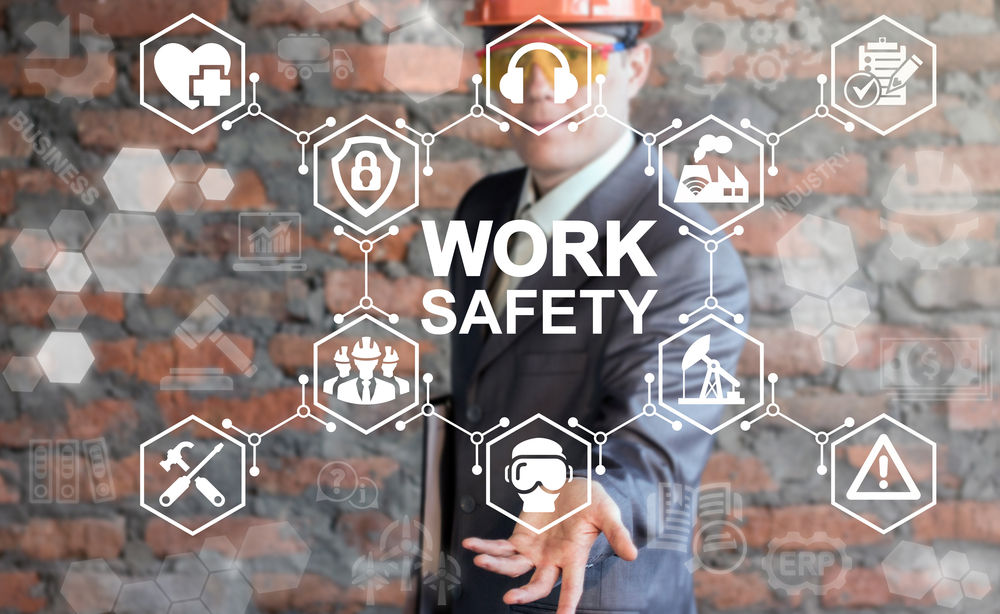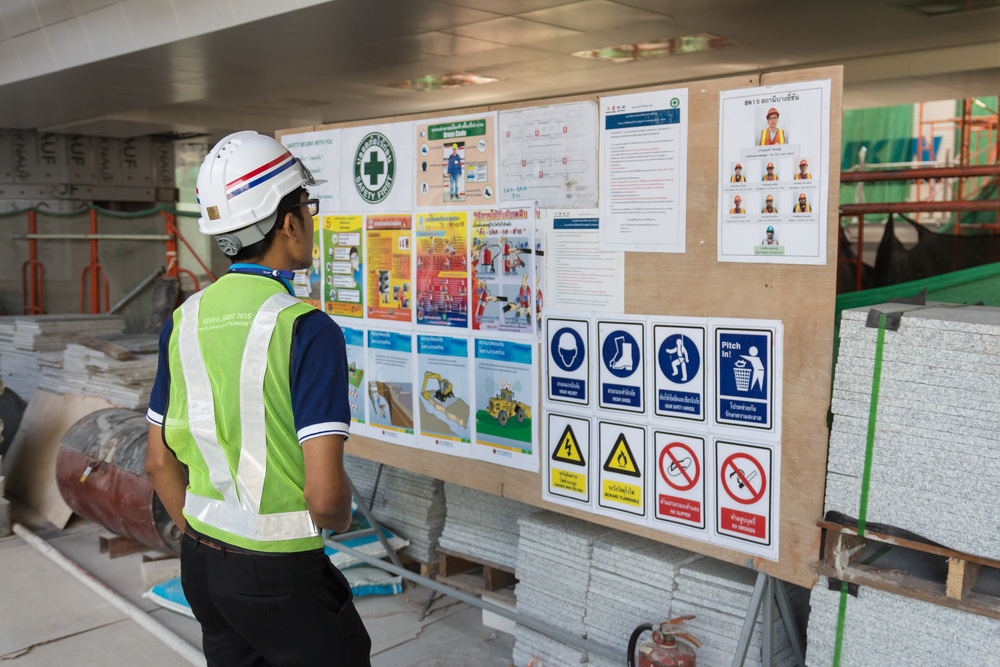

This course is vital for achieving advanced process risk evaluation and process risk control strategies. It enables you to work with appropriate tools and techniques to detect, analyze, and alleviate risks associated with complex processes.
| City | Start Date | End Date | Fees | Register | Enquire | Download |
|---|---|---|---|---|---|---|
| Krakow | 23-06-2025 | 27-06-2025 | 6200 $ | Register | Enquire | |
| Bali | 30-06-2025 | 04-07-2025 | 4950 $ | Register | Enquire | |
| Barcelona | 07-07-2025 | 11-07-2025 | 6200 $ | Register | Enquire | |
| Amsterdam | 14-07-2025 | 18-07-2025 | 6200 $ | Register | Enquire | |
| London | 21-07-2025 | 25-07-2025 | 6200 $ | Register | Enquire | |
| Cairo | 28-07-2025 | 01-08-2025 | 3950 $ | Register | Enquire | |
| Amsterdam | 04-08-2025 | 08-08-2025 | 6200 $ | Register | Enquire | |
| Cairo | 11-08-2025 | 15-08-2025 | 3950 $ | Register | Enquire | |
| Dubai | 18-08-2025 | 22-08-2025 | 4300 $ | Register | Enquire | |
| Singapore | 25-08-2025 | 29-08-2025 | 5500 $ | Register | Enquire | |
| Madrid | 01-09-2025 | 05-09-2025 | 6200 $ | Register | Enquire | |
| Vienna | 08-09-2025 | 12-09-2025 | 6200 $ | Register | Enquire | |
| Sharm El Sheikh | 15-09-2025 | 19-09-2025 | 3950 $ | Register | Enquire | |
| Paris | 22-09-2025 | 26-09-2025 | 6200 $ | Register | Enquire | |
| Casablanca | 06-10-2025 | 10-10-2025 | 4950 $ | Register | Enquire | |
| Kuala Lumpur | 13-10-2025 | 17-10-2025 | 4950 $ | Register | Enquire | |
| Cairo | 27-10-2025 | 31-10-2025 | 3950 $ | Register | Enquire | |
| Amsterdam | 03-11-2025 | 07-11-2025 | 6200 $ | Register | Enquire | |
| Kuala Lumpur | 17-11-2025 | 21-11-2025 | 4950 $ | Register | Enquire | |
| Istanbul | 24-11-2025 | 28-11-2025 | 4950 $ | Register | Enquire | |
| Jakarta | 01-12-2025 | 05-12-2025 | 4950 $ | Register | Enquire | |
| Amsterdam | 08-12-2025 | 12-12-2025 | 6200 $ | Register | Enquire | |
| Amman | 15-12-2025 | 19-12-2025 | 3950 $ | Register | Enquire | |
| Kuala Lumpur | 22-12-2025 | 26-12-2025 | 4950 $ | Register | Enquire | |
| Madrid | 29-12-2025 | 02-01-2026 | 6200 $ | Register | Enquire |
Health, Safety, and Environmental Management Systems involve not only the management, response, and review of incidents but also the proactive monitoring of organizational performance to prevent such occurrences. A detailed risk assessment is mandatory for all activities that impact health and safety, production, asset protection, environmental preservation, and the company’s reputation.
This advanced process risk assessment and management course equips participants with the necessary skills to conduct thorough risk assessments and implement effective risk management strategies within their organizations.
The course focuses on the scientific risk management of industrial processes, providing professionals with the advanced techniques and strategic methods essential for ensuring health, safety, and environmental protection, as well as safeguarding the organization's image.
Upon completion, participants will receive an advanced risk management certification, demonstrating their proficiency in conducting comprehensive risk assessments, managing risks at an advanced level, and effectively mitigating risks.
At the end of this advanced process risk assessment and management course, participants will be able to:
Unit 1: Advanced Risk Assessment Techniques: HAZOP
Unit 2: The Role of Quantified Risk Assessment 'QRA'
Unit 3: Mechanics of Fire, Explosion, and Toxic Releases
Unit 4: Advanced Incident Investigation Techniques
Unit 5: Ending the Blaming Culture by Building a Positive Safety Culture



















